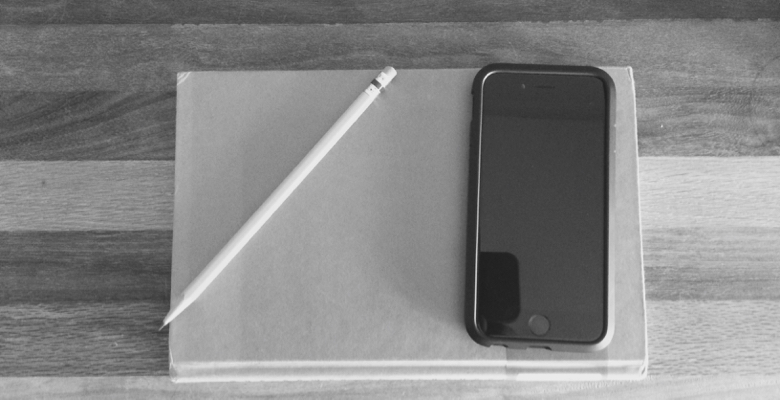A Simple Formula for Problem-Solving
 "To solve any problem, here are three questions to ask yourself: First, what could I do? Second, what could I read? And third, whom could I ask?" -Jim Rohn
"To solve any problem, here are three questions to ask yourself: First, what could I do? Second, what could I read? And third, whom could I ask?" -Jim Rohn
I don’t know about you, but I give my problems way too much credit.
I tend to think that whatever’s wrong right now will always be wrong, and there’s nothing I can do about it, and it’s too big to change anyway so why bother trying?
None of these statements is true.
It’s worth remembering that we have way more control over our lives than we realize, and every problem has a solution of some kind. The key is to approach challenges systematically, and I’ve got a deceptively simple approach for you to consider (courtesy of personal development guru Jim Rohn). Let’s talk through it.
What Could I Do?
We often let problems stymie us before we’ve really done all we can do to solve them, so it’s best to start here:
What could I do, right now, to solve this problem?
There’s value in doing this step on paper, or at least on a screen of some kind. Let me dig into one of my problems:
I’m supposed to be training for a half marathon on June 4th. I’ve got a pretty detailed training plan consisting of three runs a week after work, but truthfully I’ve only been running once a week, sometimes twice. Why? Let me actually think this through. I don’t dread the run itself. I think it’s the fact that after a full day of work, getting my running gear together and getting started feels like such a big task, and it’s easier to just grab a bite to eat and sit down on the couch.
So what could I do to solve this?
Here’s an idea: before I leave for work in the morning, I’ll put all my running gear by the front door so I don’t have to deal with it after work.
Okay, done. Tomorrow afternoon is my next scheduled run. Let’s see if it works! [Edit: it worked.]
What Could I Read?
When our current knowledge and abilities don’t cut it, it’s time to up our game.
There are ~130 million published books in existence, according to Google Books (here’s a blog post by former Google software engineer Leonid Taycher with more info). We tend to think of our problems as unique to us, but that’s never the case. Another of Jim Rohn’s ideas applies nicely here:
“What if somebody went through something for five years and they wrote a book that you could read in five days?”
Most of us don’t read as much as we could, but reading’s never more important than when we’re facing a challenging problem. There are books on everything. Go ahead, think of something you’re dealing with right now. Seriously, stop reading for a moment and think of a problem you have.
Got something?
Now head over to Amazon and search for a book on that topic. You don’t have to buy anything, just search.
Did you find something?
I bet you found several somethings.
If my idea of placing my running clothes near the door doesn’t work, you can bet I’ll be buying one of these books.
Whom Could I Ask?
When asked for help, most people are eager to say yes.
Think about it. How do you feel when someone asks you for help with something they struggle with but you’ve mastered?
Excited, probably. Maybe honored that they consider you an expert. Are you willing to give them some of your time? Of course.
Now, you might be hesitant to help if you know the person could easily and quickly solve the problem themselves and your help isn’t really necessary. But if the advice-seeker has clearly done some thinking and a little reading, you’re probably going to fall all over yourself to help them. It’s fun to help people who are earnestly seeking an answer, isn’t it?
But whom to ask? The internet has broadened everyone’s personal network, and we have so many more connections than we used to. If you don’t know anyone who’s an expert in a certain field, chances are you know someone who knows someone. Again, thinking on paper can be helpful here.
Having a consistent framework for problem-solving keeps us from getting bogged down and overestimating our difficulties. Remember these three questions the next time you’re confronted with a challenge!